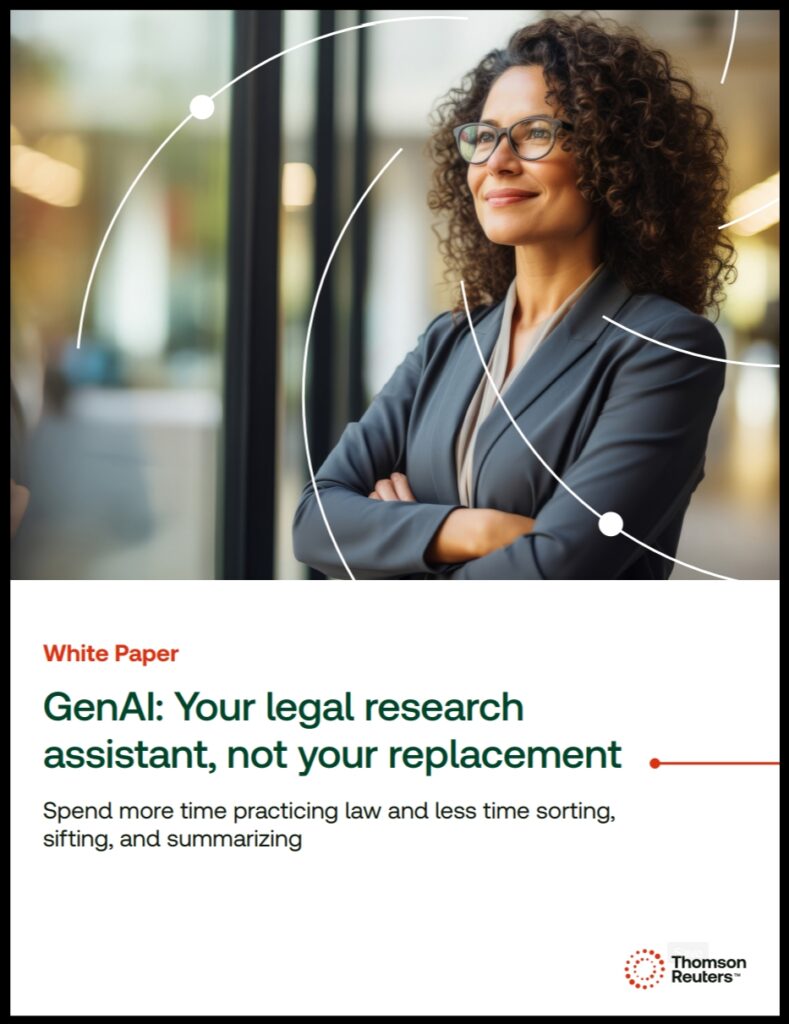In
his
first
month
as
president,
Donald
Trump
and
his
administration
have
gleefully
dismantled
many
of
former
President
Joe
Biden’s
initiatives.
However,
there
has
been
one
notable
exception:
the
Medicare
Drug
Price
Negotiation
Program
—
although
they’re
leaving
room
for
some
potential
changes.
The
program,
created
under
the
Inflation
Reduction
Act
(IRA),
allows
the
federal
government
to
negotiate
the
prices
of
some
of
the
costliest
Medicare
Part
D
drugs
directly
with
drug
companies.
The
first
10
drugs
selected
for
negotiation
were
announced
in
August
2023,
and
the
negotiated
prices
will
take
effect
in
2026.
An
additional
15
drugs
were
added
in
January
in
the
final
days
of
the
Biden
administration,
and
these
negotiated
prices
will
go
into
effect
in
2027.
In
a
statement
released
last
week,
the
Centers
for
Medicare
and
Medicaid
Services
said
that
lowering
the
cost
of
prescription
drugs
is
a
top
priority
for
the
Trump
administration.
CMS
added
that
the
agency
“is
committed
to
incorporating
lessons
learned
to
date
from
the
program
and
to
considering
opportunities
to
bring
greater
transparency
in
the
Negotiation
Program.”
It
plans
to
seek
input
from
stakeholders
on
ways
to
improve
the
program.
This
statement,
however,
has
some
Democratic
senators
worried.
In
a
letter
sent
to
RFK
Jr.
last
week,
13
senators
argued
that
the
“Trump
Administration’s
statement
is
far
from
an
embrace
of
drug
price
negotiation
and
appears
to
be
opening
the
door
to
changes
that
could
undermine
Medicare’s
ability
to
get
the
best
price
possible
on
drugs.”
So
what
legally
could
the
new
administration
change?
“By
means
of
the
rulemaking
process
and
in
how
it
interprets
the
IRA,
CMS
could
potentially
make
significant
changes
to
the
negotiation
program
requirements
—
in
other
words,
the
structure
of
the
negotiation
program
could
be
materially
impacted,
for
example,
by
rulemaking
that
changes
the
process
timeline
or
number
of
meetings
between
the
parties,
without
Congressional
approval,”
said
Matthew
I.
Kupferberg,
a
partner
in
Frier
Levitt’s
Life
Sciences Group.
This
means
that
CMS
could
accelerate
the
negotiation
process,
reduce
the
opportunity
for
manufacturers
to
respond
to
CMS
offers
or
make
other
changes.
The
IRA
has
also
been
challenged
in
court.
Numerous
drugmakers
have
filed
lawsuits
against
the
negotiation
program,
including
Novo
Nordisk,
Bristol
Myers
Squibb
and
AstraZeneca.
Currently,
nine
of
these
lawsuits
are
ongoing,
according
to
KFF.
If
the
Department
of
Justice
ends
up
dropping
opposition
to
the
lawsuits,
the
judge
could
decide
the
matter
without
opposition,
the
parties
could
work
out
an
agreement
to
revise
the
regulations
or
they
could
ask
the
court
to
send
the
case
back
to
CMS
to
make
changes,
Kupferberg
said.
If
the
IRA
is
invalidated,
this
gives
the
Trump
administration
an
opportunity
to
come
up
with
their
own
drug
reform.
“The
administration
could
take
a
much
harder
stance,
demanding
a
deeper
discount,
or
take
a
completely
different
approach
by
saying,
‘No,
link
the
price
of
drugs
up
to
a
basket
of
averages
around
the
world,’
international
reference
pricing,”
he
said.
“They
could
do
that,
or
they
could
come
back,
for
example,
and
do
rebate
reform.”
International
reference
pricing
is
a
method
used
to
set
the
price
of
a
drug
in
one
country
by
comparing
it
to
the
prices
of
the
same
or
similar
drugs
in
other
countries.
As
for
the
drugs
already
selected
for
negotiation,
that
list
is
unlikely
to
change
because
the
drugs
are
selected
based
on
specific
criteria
in
the
IRA
(including
time
on
the
market
and
having
no
generic
or
biosimilar
alternative),
according
to
Kupferberg.
The
prices
already
negotiated
also
likely
won’t
change
as
that
would
“meet
fierce
resistance”
and
the
IRA
does
not
allow
for
such
retroactive
changes
within
the
statute.
Although
the
new
administration
may
make
changes
to
the
program,
“actual
repeal
of
the
law,
which
had
broad
bipartisan
support,
is
politically
risky,
and
may
not
succeed,”
Kupferberg
noted.
Ultimately,
however,
it’s
very
difficult
to
predict
for
sure
how
the
Trump
administration
will
move
forward
with
the
Medicare
Drug
Price
Negotiation
Program,
according
to
Tricia
Neuman,
senior
vice
president
of
KFF
and
executive
director
of
its
Program
on
Medicare
Policy.
“His
pick
for
HHS
Secretary
[RFK
Jr.]
has
said
he
intends
to
implement
the
law,
but
that
leaves
open
the
question
about
whether
the
Administration
will
defend
the
program
in
the
various
lawsuits
filed
by
the
pharmaceutical
industry,”
she
said.
“It
also
leaves
open
the
question
about
whether
and
how
the
Trump
administration
will
take
action
on
drug
prices.
The
Administration
could
double
down
on
the
program
to
help
Medicare
beneficiaries
get
a
better
deal
on
drug
prices,
or
respond
to
industry
concerns
by
weakening
some
of
the
provisions,
or
take
an
entirely
different
tack.”
Neuman
noted
that
Trump
has
been
open
to
other
reforms
addressing
drug
prices,
including
tackling
the
practices
of
pharmacy
benefit
managers,
which
are
not
part
of
the
negotiation
program.
However,
how
the
administration
will
approach
this
remains
unclear.
What
do
healthcare
advocates
want?
Patient
advocacy
organization
Patients
for
Affordable
Drugs
was
cautiously
optimistic
about
CMS’
announcement
last
week.
“The
statement
could
have
said,
‘We’re
going
to
no
longer
negotiate.’
If
you
look
at
the
actions
of
the
administration,
it’s
not
afraid
to
take
aggressive
action
if
it
chooses
to,”
said
David
Mitchell,
founder
and
president
of
the
organization.
“In
this
case,
it
said
they’re
going
to
continue
with
negotiation
and
with
a
goal
of
achieving
greater
value
for
beneficiaries
and
taxpayers
while
continuing
to
foster
innovation.
Those
are
the
goals
of
our
organization.
So
we
see
this
as
potentially
positive.
Now,
the
devil’s
in
the
details,
because
they
also
referenced
in
the
statement
incorporating
lessons
learned
to
date.
Whose
lessons?”
Patients
for
Affordable
Drugs
was
strongly
in
favor
of
the
Biden
administration’s
efforts
in
the
Medicare
Drug
Price
Negotiation
Program.
Mitchell
said
that
he
thinks
the
current
program
is
strong
and
that
he
wouldn’t
change
anything.
That
said,
if
the
new
administration
conducts
a
negotiation
that’s
“on
par
or
better”
than
what
the
Biden
administration
achieved
with
the
first
10
drugs,
then
that’s
a
win
for
Patients
for
Affordable
Drugs.
Although
the
organization
doesn’t
see
a
need
for
change
within
the
negotiation
program,
the
National
Community
Pharmacists
Association
(NCPA)
does.
NCPA
represents
over
18,900
pharmacies
in
the
U.S.
CEO
B.
Douglas
Hoey
said
the
association
isn’t
opposed
to
the
intention
of
the
program,
but
said
the
way
it’s
implemented
will
put
significant
financial
strain
on
community
pharmacists.
NCPA
released
a
report
last
week
showing
that
pharmacies
will
experience
prescription
payment
settlement
delays
of
at
least
seven
additional
days
for
negotiated
drugs
because
of
the
program.
Regulations
for
the
program
state
that
the
manufacturer
must
send
the
refund
for
the
prescription
within
14
days
of
receiving
eligibility
confirmation
for
the
patient,
rather
than
ensuring
the
pharmacy
gets
the
reimbursement
within
14
days
of
dispensing
the
prescription.
Each
pharmacy
could
lose
nearly
$11,000
in
weekly
cash
flow
due
to
delayed
payments.
Because
of
these
challenges,
a
recent
survey
from
NCPA
revealed
that
93.2%
of
independent
pharmacies
are
considering
or
have
already
decided
not
to
stock
at
least
one
of
the
first
10
drugs
included
in
the
program.
“Our
members
are
saying,
‘We
just
won’t
be
able
to
carry
the
drug,’
which
of
course,
thwarts
the
intended
purpose
of
trying
to
get
these
drugs
at
a
lower
price
to
seniors,”
Hoey
said.
“If
the
pharmacies
are
going
to
go
out
of
business
by
carrying
them,
it’s
a
major,
unintended
consequence.”
To
alleviate
these
challenges,
the
association
is
calling
for
several
changes
to
the
program,
including
ensuring
there
is
no
delay
in
payments
for
pharmacies.
The
Council
for
Affordable
Health
Coverage,
an
advocacy
organization
focused
on
reducing
healthcare
costs,
would
like
to
see
a
more
drastic
change:
a
repeal
of
the
IRA.
The
IRA
is
failing,
declared
Joel
White,
president
of
the
organization.
“We
support
repealing
the
IRA
and
its
price
controls
—
enacting
a
real
out-of-pocket
cap
on
drug
costs
for
seniors
that
doesn’t
raise
premiums
or
limit
drug
coverage,
and
pledge
to
not
use
Medicare
to
pay
for
other
priorities
like
green
energy
tax
credits,”
he
said
in
an
email.
“Congress
should
immediately
end
the
pill
penalty,
which
imposes
price
controls
on
drugs
sooner
than
biologics.
This
misguided
policy
is
shifting
new
drug
development
into
more
expensive
biologics,
which
increases
patient
out-of-pocket
costs
and
makes
it
harder
to
get
their
treatment.”
However,
the
chances
of
a
repeal
actually
happening
are
extremely
unlikely,
according
to
Frier
Levitt’s
Kupferberg.
“At
this
point,
the
Administration
has
only
indicated
that
it
intends
to
stay
the
course
with
the
drug
negotiation
process,
subject
to
a
rather
vague
commitment
to
render
the
process
more
transparent
and
inclusive.
…
The
only
thing
I
think
is
certain
is
that
there
will
be
no
repeal
attempt
in
the
near
future,
and
drug
cost
reduction
will
remain
in
play,”
he
said.
Photo:
bong
hyunjung,
Getty
Images










 Olga
Olga
 Kathryn
Kathryn







